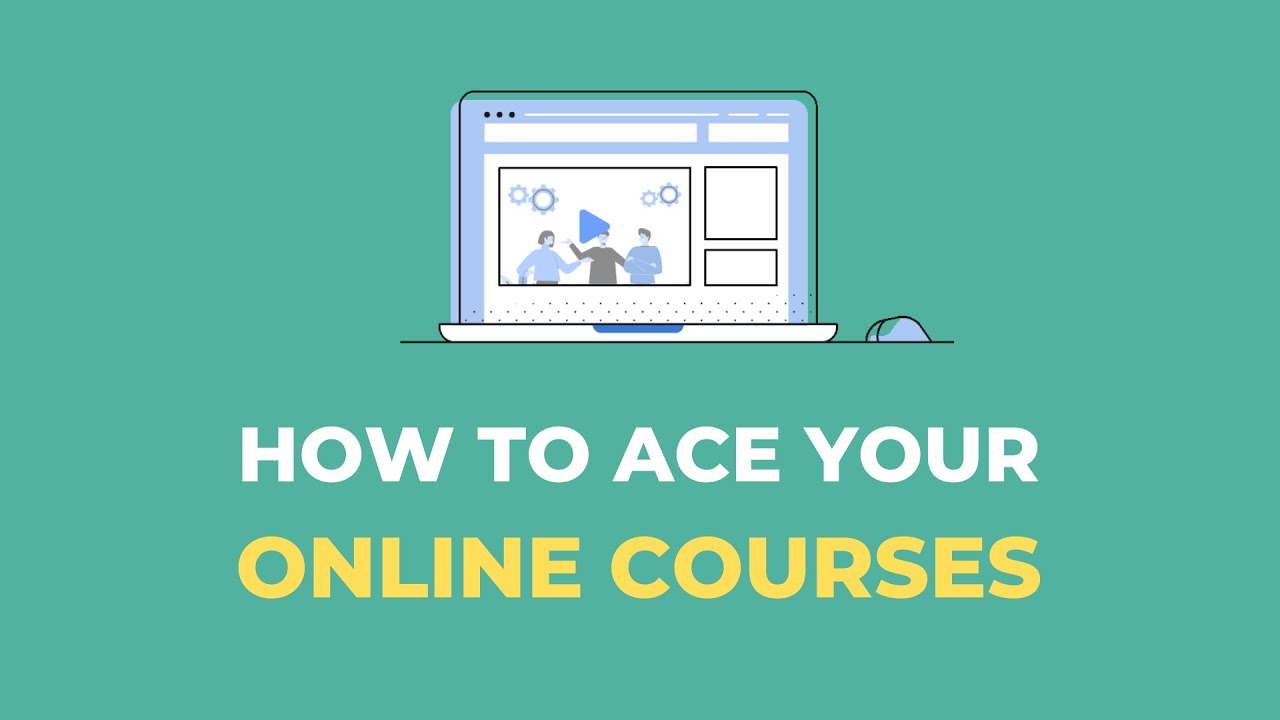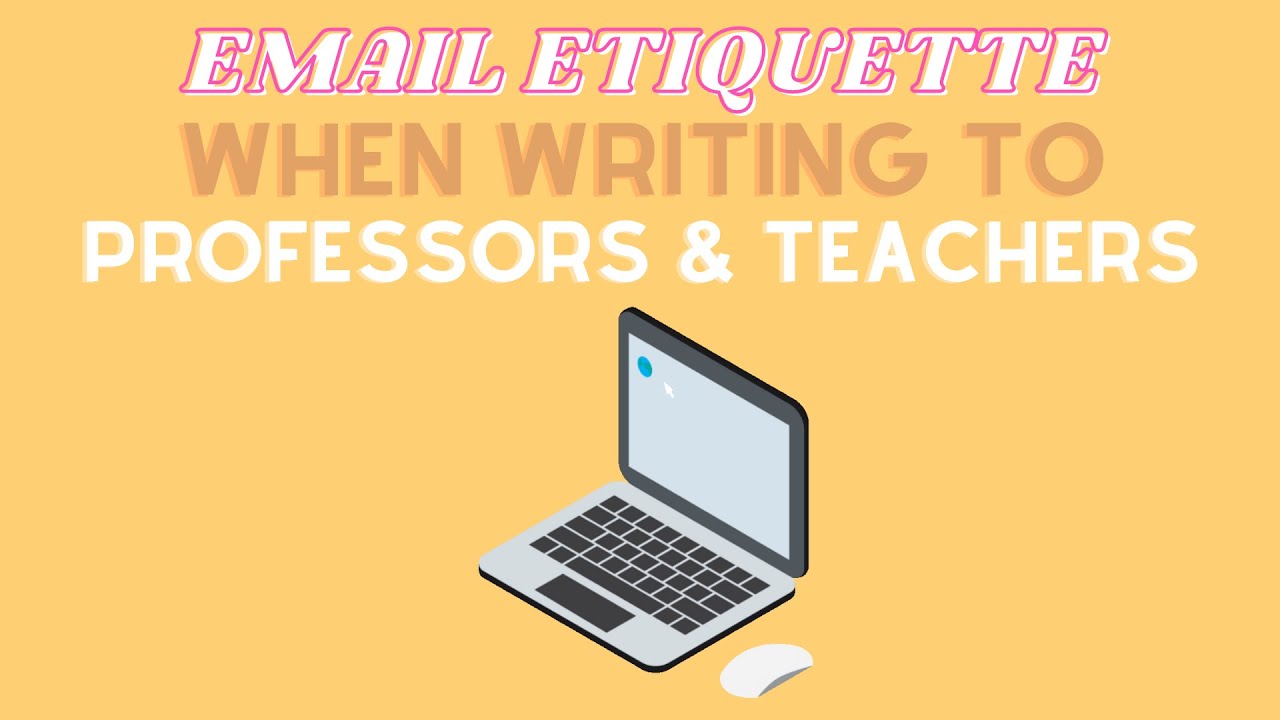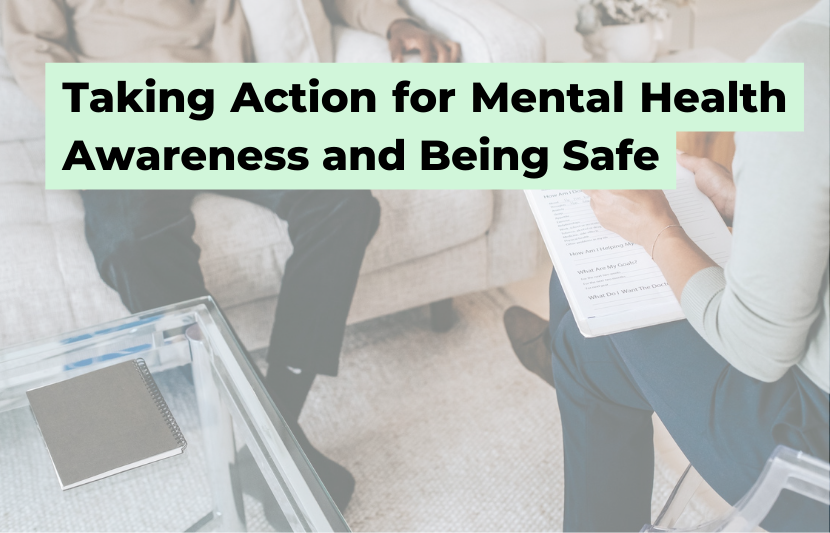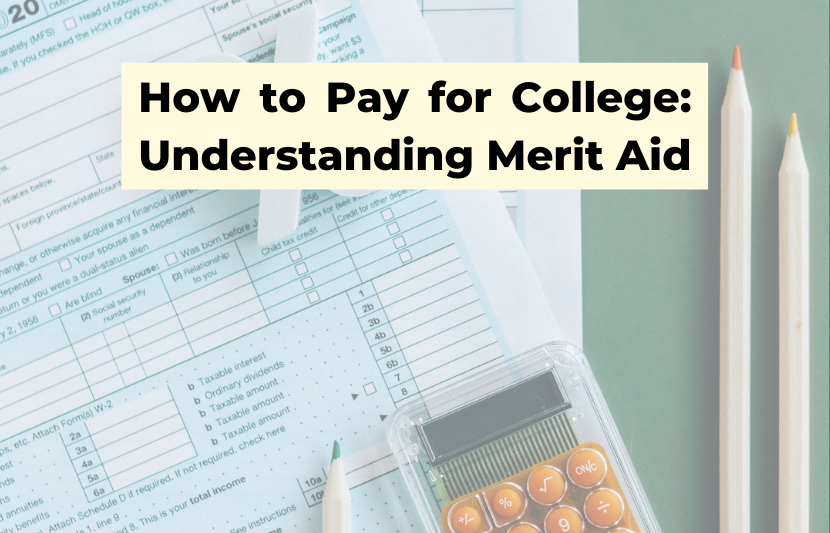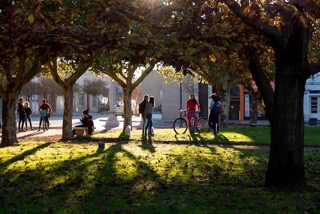In this episode of TUN TV, Dr. Crystal Rose interviews April Paris-Joseph, founder of Paris Educational Solutions, about the top 10 things most high school athletes do not know about playing sports in college.
Dr. Rose: Welcome to The University Network TV where we scan the globe to give students, their families, and educators the very best tips for student success. I’m your host today, Dr Crystal Rose. And on today’s show, we’re exploring the admission series about sports and college, “10 Things Most High School Athletes May Not Know About Playing Sports in College, Part 3.”
If you haven’t already, please check out Part 1 and Part 2. And for today’s conversation, we’ve invited back a very special guest, April Paris-Joseph, to discuss these conversations. She has the college admissions advice you want to hear.
Welcome, April.
Paris-Joseph: Hi, Crystal, how are you doing today? Thank you so much, people
Dr. Rose: We’re asking now about friends and network and how those two play a role perhaps in a student finding their college fit.
Paris-Joseph: So when I work with my private clients, one of the things I tell my families and my students is that I want everyone to understand you’re going to be a human on campus for more hours of the day than you will be a student.
Now when you become a student athlete, there’s a bit of a shift to that statement. Because athletes are spending 3-4 hours a day in training or with their team, and that’s before we talk about travel, actual games or meets, and meetings. I’m just talking about the core training sessions. So that’s your social network. That becomes the core of your friend base.
And I really encourage my students, as they go into recruiting visits and as they spend time on campus deciding official and unofficial results, to ask, “Do I like these people?” I mean, really ask yourself, “Do I like these people? Do I like the culture of this team? Do I like the way that everyone talks to each other?” Because this is going to be where you spend most of your time outside of class, and these are going to be the people that become your friends. And if things go well, lifelong relationships that you will value a lot.
Dr. Rose: There could be a lot of different angles to uncover what one may or may not know.
Paris-Joseph: Health is always important, and it’s the physical health and the mental health of the individual and the athlete. So physical health-wise, it makes sense for students to make sure they’re asking, “Is there a team doctor?” Learn about the physical therapy options on the team. Go in and see the training room and make sure that they’re taking care of their athletes.
Dr. Rose: So there are a lot of questions students need to ask. There are a lot of things they need to know in order to really find out if a college is a good fit. What questions should students be asking?
Paris-Joseph: If you’re in a high impact sport, “What’s the concussion protocol?” Especially with the football players and soccer players. Lacrosse players should be asking these questions, too. Because they get more concussions that we want to acknowledge. But the question, “What is the concussion protocol? Who decides when an athlete returns to play after a concussion?” And in my opinion, the right answer isn’t “Me, your head coach.”
The right answer is that there’s someone on the medical team that’s making this call, somebody whose job is not tied to winning games – because we’re all human beings. I’m not saying coaches don’t care about the students. That’s not true, but everyone has this inner conflict when you’re competitive, which coaches are and as they should be. “My star player has been out for two weeks with a concussion. Of course, they’re ready.” I want someone else to decide that because there could be a long-term impact there. So, that’s kind of the health piece – the trainer, the concussion protocols, what’s the team behind the physical health?
And then there’s the mental health piece. It’s a little tougher to negotiate and forget but, again, it’s back to that, “How’s everyone treating each other? What’s the culture on this team? Can we talk about that and are we open about it?” I actually had a student go on an unofficial visit last year, sat with a football team – this was really impressive to me – and the student came back and said they asked about mental health on campus, and three of the guys on the football team said, “Oh yeah, well, I have anxiety, I suffer from depression.” And it was such a shockingly open dialogue that these athletes were willing to have about that, which means you’re not going to see what we’ve seen in the last year. I mean one is too many, but we have seen a few death by suicides amongst collegiate athletes in the last year. A lot of them made news.
And so, the question is, is this a team that’s really going to take care of that side of their athletes or are we just going to drive, drive and not ask questions about how everyone is doing as a human being?
Dr. Rose: Can you please tell us about the coach-athlete relationship and why it’s so vital to consider when a student is looking for a good college fit?
Paris-Joseph: The coach-athlete relationship is a really important one. And, again, it’s a lot of time and a lot of mutual pressure – it’s what I’ll call it – so athletes should be asking, “What do you want me on your team for? What’s the role you see me playing?” Because what you don’t want is to get there and then they want you to do something you totally don’t want to do. And that’s across all sports. If you’re a 400-meter runner, is this coach bringing you in and then wanting you to start going up to eight but you really want to drop down to two? These are just early conversations.
Dr. Rose: Now we know that a lot of things could happen, but what are some of the things that students should take into consideration that can happen with their coach to really find out whether or not the school is a good fit for them?
The coach is going to play a big influence on your campus experience and the coach could leave. That could be a drastic change that you can’t necessarily anticipate or see coming. So, both know that, yes, you’re willing to give four years with this coach but also know that coach could change, and make sure you still like campus without the coach. And make sure you like the campus without your sport all together.
Dr. Rose: Now here’s a question we’ve been hearing a lot about, what is the so-called broken-leg test?
Paris-Joseph: I actually like to call it the torn-ACL test, you know, for some reason – career-ending injury, you just changed your mind, the coach leaves, you don’t like the new coach, and you’re done. You’re just not going to continue your athletic career in college. Okay, maybe, you’re going to transfer. Okay, that happens. There’s a transfer portal. There’s a whole other process to that or maybe you’re done. Do you still want to be on this campus? Do you still have the academics that you want? Is there still a social world for you beyond the sport that makes this still the right place for you to be in?
it’s both understanding the importance of the coach and the fact that the coach is completely transient, as is your sport. Again, back to that academics over the athletics decision. Yeah, your sport could go away and then what?
Dr. Rose: Those are considerable variables to factor in that are often not set in stone so, all to say, it’s not surprising that the 7-percent funnel exists the way that it does. There’s probably a lot of reasons for that.
Last on the list, I have the fact that if you restrict the type of college you want to attend, then you are actually restricting your possibilities a bit for college. Can you share more about this pathway?
Paris-Joseph: Again, things are a little different when you want to be involved in a sport in college, right? Because you’ve added this other additional level of detail and you’re creating the match and the fit.
Dr. Rose: When you’re working with your high school athletes who intend to play sports in college, what are the various six fits that high school athletes need to explore? Can you walk us through these?
Paris-Joseph: So, typically, the students have the academic fit, the social fit and a financial fit. But now we’re athletic as well, so you have – and I parallel them – the academic fit and the athletic fit. Are you competitive at this level? Will a coach at this level want you? So, that’s the academic or the athletic fit. We have the social fit so socially, normally, it’s “Hey, do you like Greek life? Do you not like Greek life?”, that kind of thing. For the athletes, “Do you like the team? Do you like the coach? Does the amount of time that they’re going to consume work for you?” – all those different questions. And then, the financial fit kind of pairs up evenly.
But when you’re weaving six elements together, that becomes exponentially more complicated. So, the rule of thumb – I’m borrowing this from another counselor who said it so well one time – if you come to me and tell me you want to play college baseball, you’ll go anywhere in the country, and go to any size school and pretty much, as long as you’re decent – like you actually can swing back, catch the ball, throw the ball properly – I can find you a program, you can probably find you somewhere to go. But if you come to me and say, “I want to play college baseball and I’m going to play Division 1 in Southern California and that’s it.” Oh, are you that good? You really limited my options here, and is that really what you want to do?
Dr. Rose: Now we talked about the different divisions and the NAIA league. How many schools do you ask your students to choose in each of these divisions when they’re researching their colleges? What approach do you suggest your students take when they are beginning to search for their colleges?
Paris-Joseph: When I work with my students, I want them to have 15-20 schools in every division to start with: 15-20 D1s, 15-20 D2s, 15-20 D3s and 15-20 NAIA. Okay, let’s say you definitely don’t want to do D1. I can usually accept that because that means you don’t think you’re the top [athlete]. Fine, how about 25 D3s, 25 D2s? We want to start wide and broad.
Dr. Rose: What approach do you suggest your students take when they are beginning to search for their colleges?
Paris-Joseph: So. being open-minded, being willing to look at a lot of different scenarios. Because what we haven’t even really talked about is the match with the coach. Does the coach like you? You may be good enough. Everything may match up for you. But if the coach doesn’t want you on their team, you could go to the school and not be able to be on that team. Are you going to be okay with that? I mean, that’s a tough call to make for a student athlete who really wants to be at the next level. So, I find that that’s kind of what we have to do. And I was just talking to a young man earlier this weekend when I said to him – because he was actually being too open-minded so his list was like 100s long – and I was like, okay, no, no, we need to narrow it a bit. I said, “Okay, here’s the deal. I want you to be really open-minded, but misery is not an option.”
I hope that helped.
Dr. Rose: Great, thank you for sharing these really important points and lifting the lid, giving more light to the process of from high school to college sports, what that all entails. Thank you so much, April, for joining us today.
Paris-Joseph: Thanks.
Dr. Rose: Check out April’s blog Paris Educational Solutions on this series, as well as the NCAA link below. If you haven’t already, you want to join us for Part 1 and for Part 2 as well.
Thank you to our audience for joining us for this episode of the University Network’s television show with Paris Educational Solutions. Now, with April’s advice, you’ll be more informed about how to pursue sports in college. Here’s to your success! I’m your host, Dr Crystal Rose. Until next time on TUN TV.
Related:

